You probably already know that Japanese knotweed is a big problem here in the UK. But can this invasive plant species be found all over Great Britain, or is its growth concentrated in specific areas?
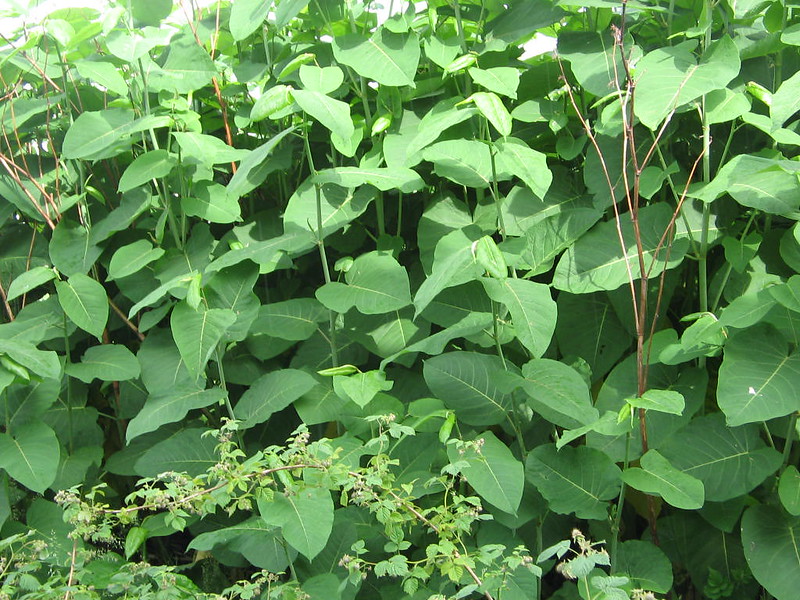
Photo by dankogreen (Flickr)
According to gardenorganic.org.uk, Japanese knotweed was initially "most prevalent in South Wales, perhaps due to the moist climate, but it is now widespread throughout the UK". As we mentioned in a previous blog post, South Wales is still - to this day - one of the UK's key Japanese knotweed hotspots, alongside cities like London and Bristol.
Japanese Knotweed Removal in South Wales >>
More...
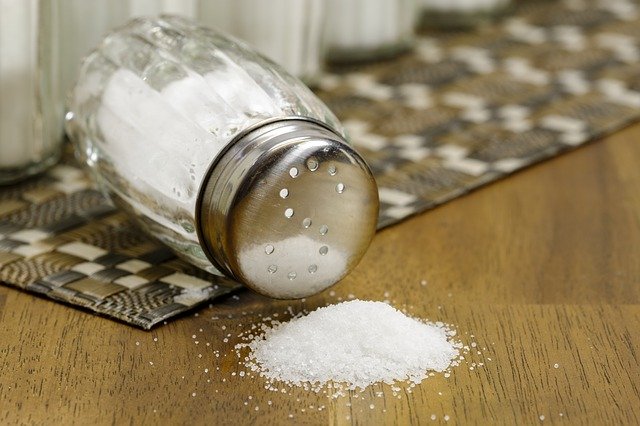
Salt is very versatile - it can make virtually any meal taste better - but sadly, there are some problems that salt can't solve.
You may have heard that salt can be used to kill garden weeds, and there is some truth to that. Applying salt to an unwanted plant can cause the plant to dehydrate and ultimately die.
But should you actually try this? The RHS don't recommend it: "The use of bleach or salt to kill weed on paths and drives is strongly discouraged, as this can cause pollution and damage plants."
Besides, Japanese knotweed is no run-of-the-mill garden weed. It takes a lot to eradicate this invasive species once and for all - a mere sprinkling of salt just won't do it!
More...
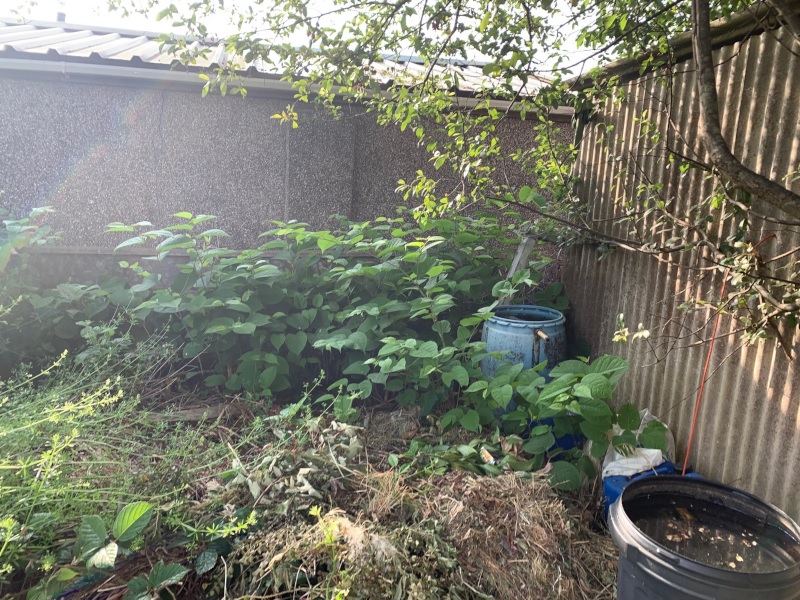
The Environment Agency's Japanese knotweed code of practice was originally published in 2006. After several revisions, the publication was withdrawn on 11 July 2016:
"This guidance has been withdrawn from use because the Environment Agency no longer provides best practice guidance."
However, the Property Care Association - the UK's trade association for specialists who deal with problems that affect buildings - published its own code of practice in April 2018.
(Note that the PCA's code of practice is NOT the law. It is merely a document that explains the best practices for controlling Japanese knotweed. If you're looking for official government guidance and legislation, see gov.uk's page on how to stop invasive plants from spreading.)
More...
Summer's here, which means that Japanese knotweed plants in the UK are currently in the most aggressive phase of their growing cycle (see When Does Japanese Knotweed Grow? for more information on that).
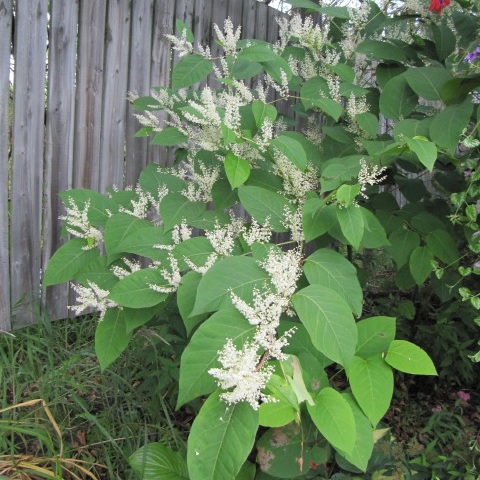
Photo by Leonora Enking (View Original)
Japanese knotweed is at its most visible during the summer, so now is the time to have a look outside and make sure this invasive plant species is not growing on your property. If you suspect that Japanese knotweed is growing on your property, but you're not 100% sure, we recommend sending in a photo of the suspect plant. One of our professional technicians will be able to identify the knotweed plant and suggest a suitable course of action.
Japanese Knotweed Identification Japanese Knotweed Removal
More...
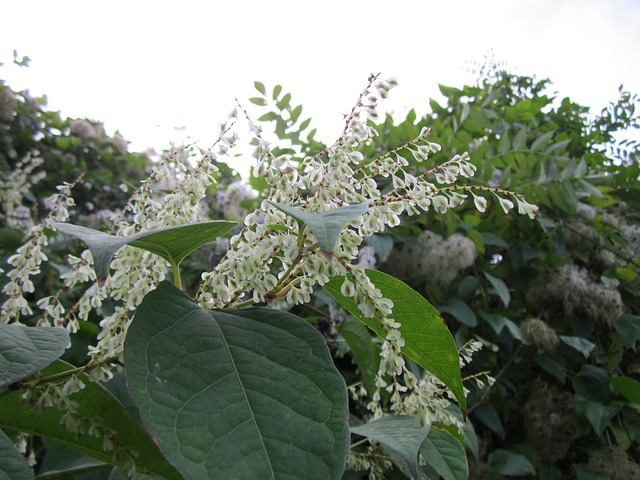
Japanese knotweed can be found all over the UK. Many British homeowners have had problems with this invasive plant species, but it is also abundant in the wild - on roadsides and near railway lines, for example.
What is Japanese Knotweed?
Ecologists are already employing all sorts of different tactics to get the UK's Japanese knotweed problem under control (perhaps you remember our recent blog post about the sniffer dogs who'd been trained for this purpose). But it's hard to defeat an enemy whose location is unclear, and one big hurdle in the fight against Japanese knotweed is the fact we don't know exactly how widespread the plant is.
More...
